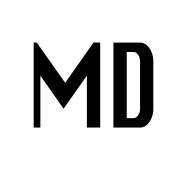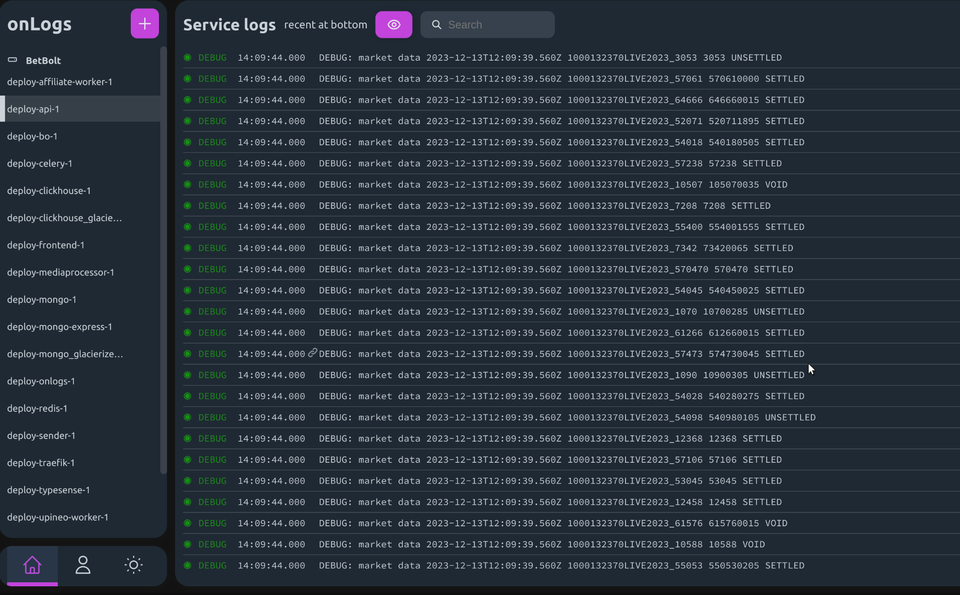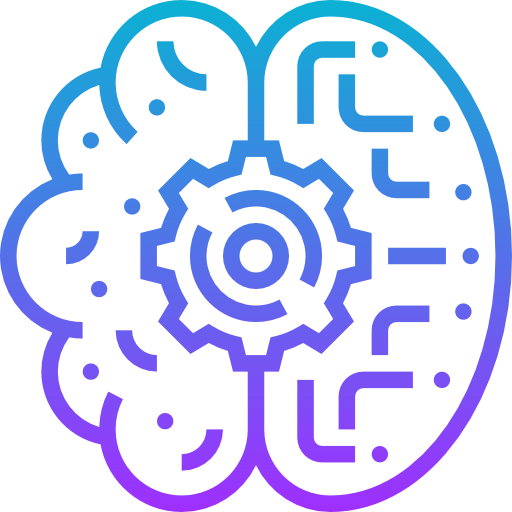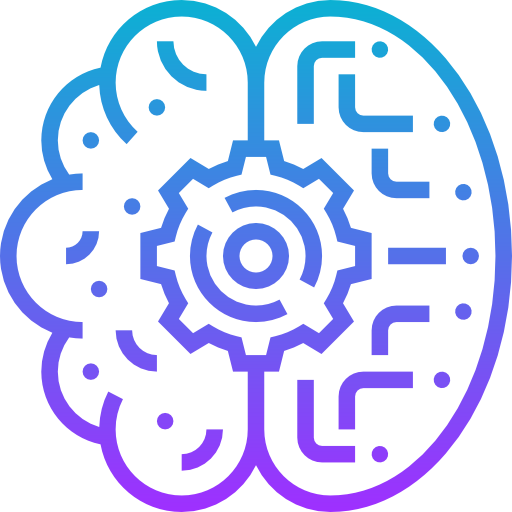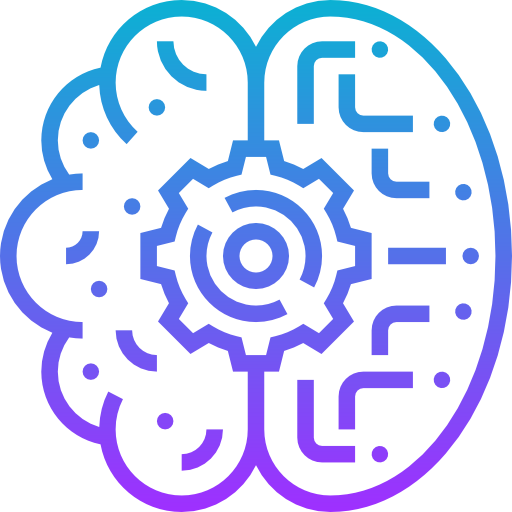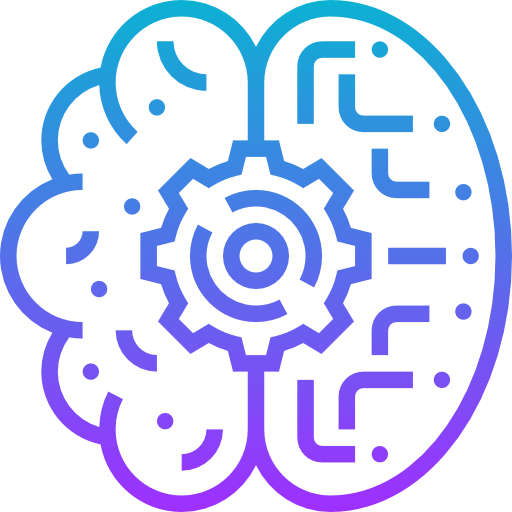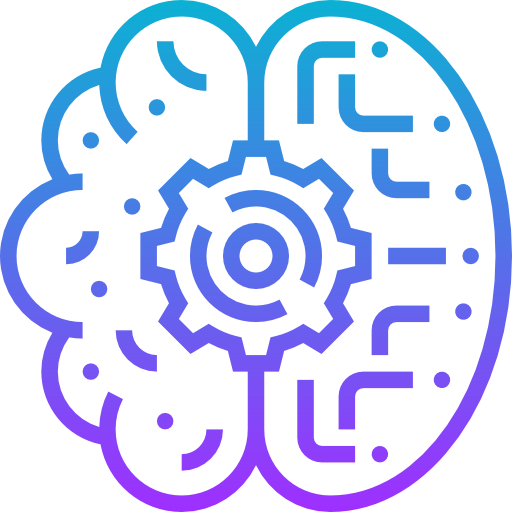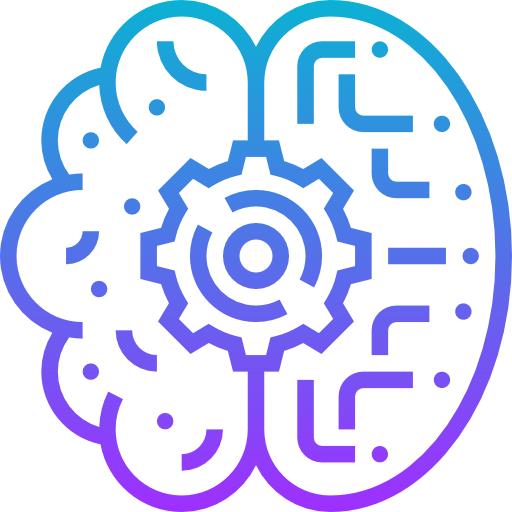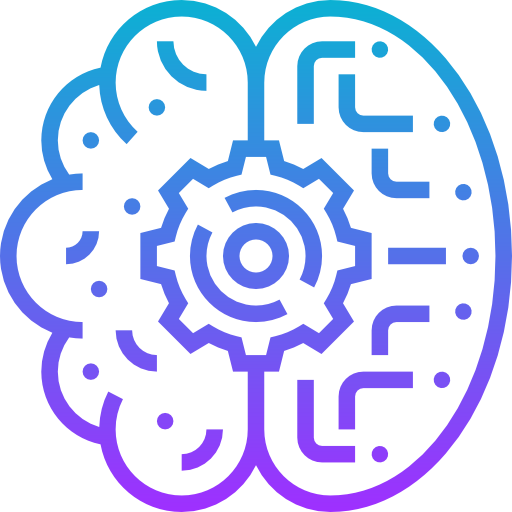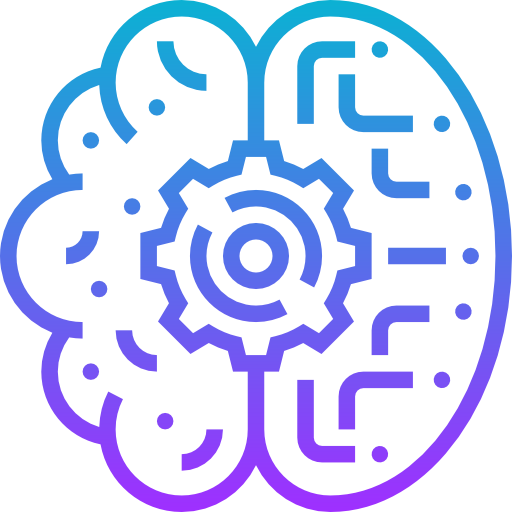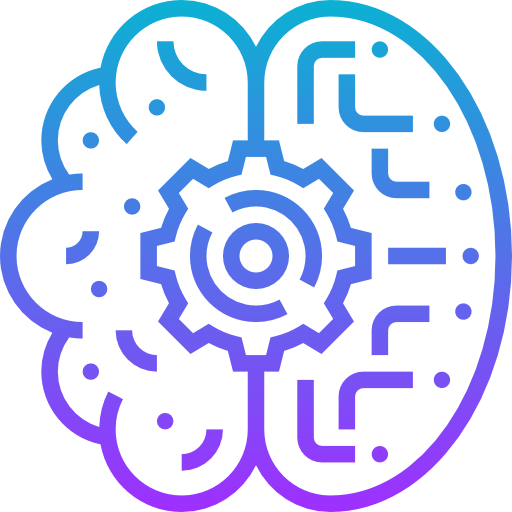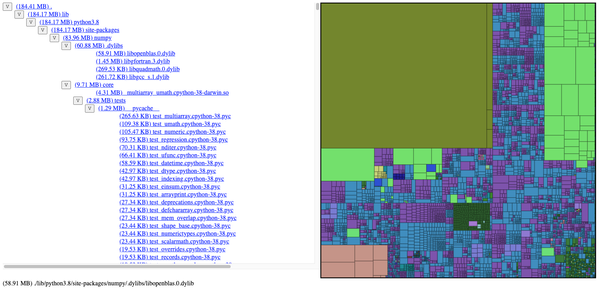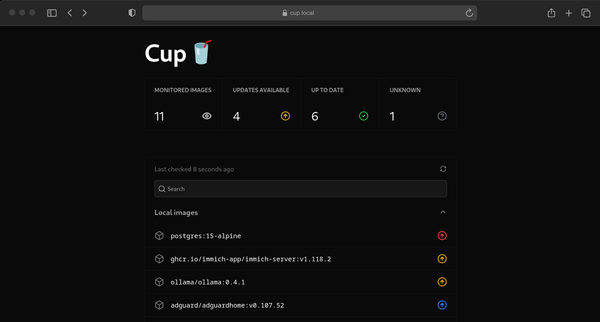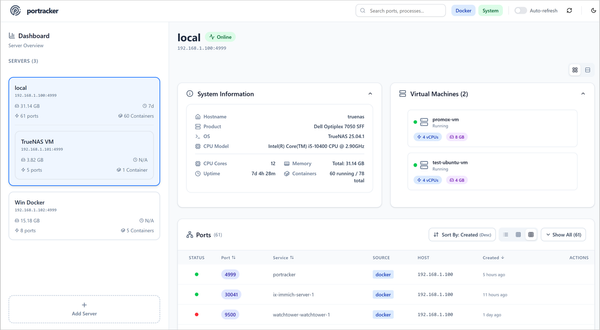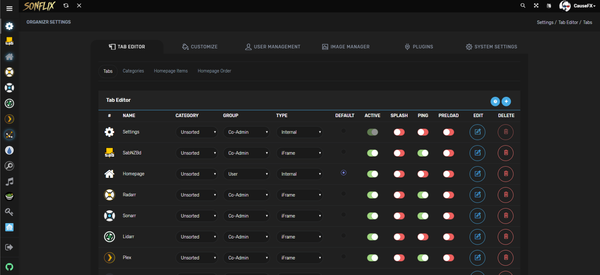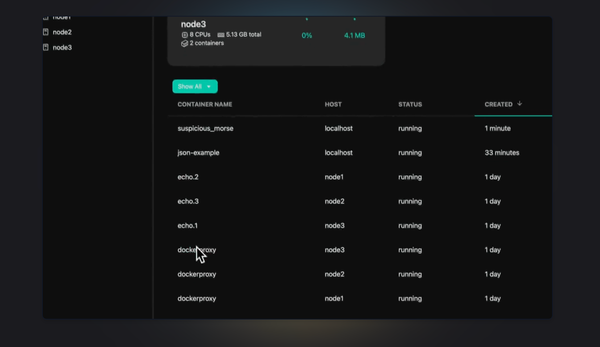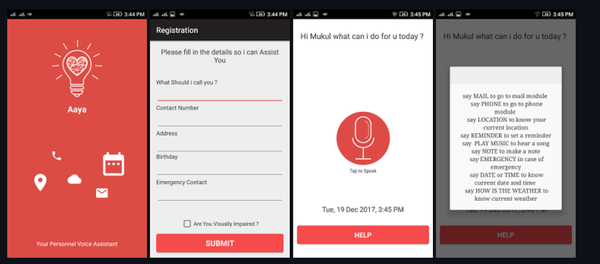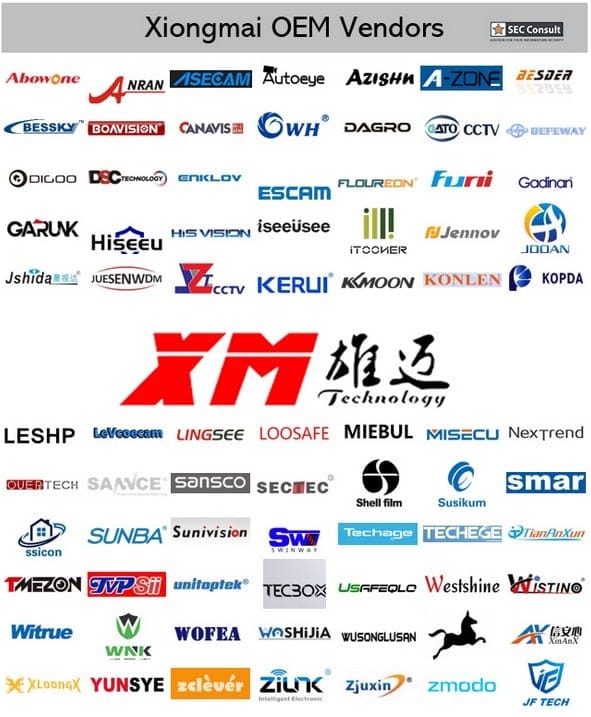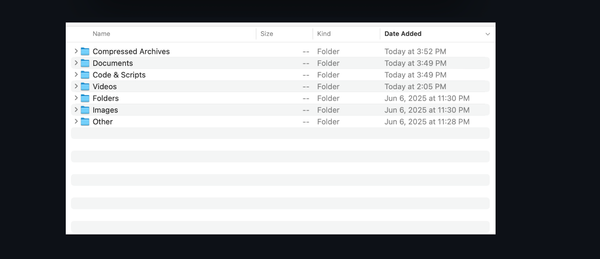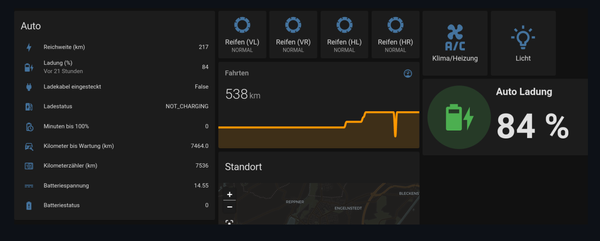19 Essential Open-Source Docker Tools Every Developer and DevOps Should Know (2025 Update)
Table of Content
Over the years, we've explored countless Docker tools designed to make container management and monitoring easier for developers and DevOps engineers. From powerful desktop applications to lightweight web viewers and essential command-line utilities, the open-source ecosystem offers incredible solutions for every aspect of the Docker workflow.
We've written numerous Docker tutorials and guides, and in this post, we're excited to share 18 outstanding open-source tools that can transform how you work with containers.

Whether you need intuitive GUIs, advanced monitoring capabilities, or specialized utilities for specific tasks, this curated list covers the best options available today for Docker management, monitoring, logging, and optimization.

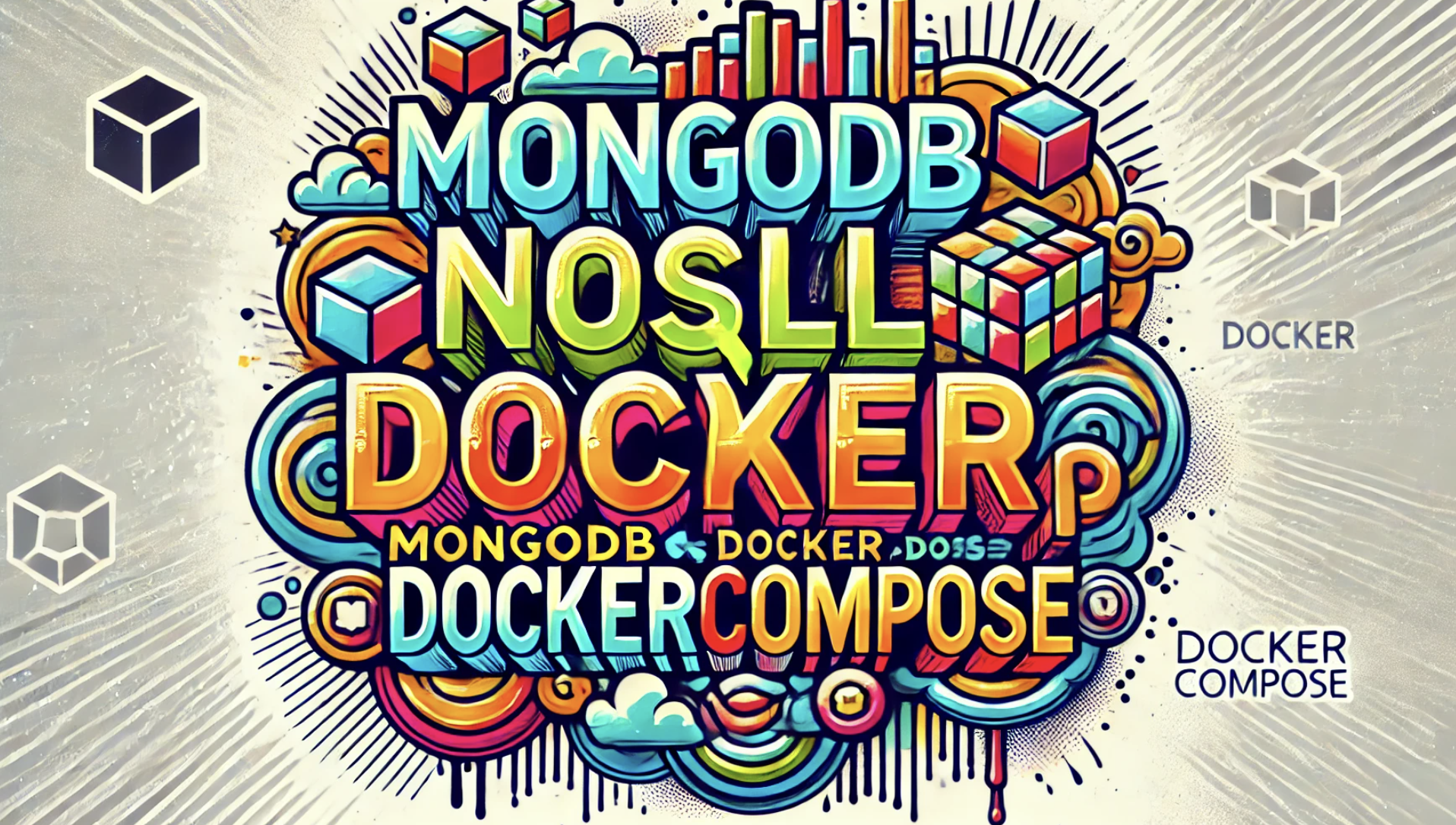
Top Docker Tools in 2025
1- Portainer Community Edition
Portainer is the smart control panel that makes container management actually enjoyable. Instead of complex CLI commands, developers get an intuitive web interface for deploying containers, monitoring applications, and managing networks with just a few clicks.
The free Community Edition supports Docker, Swarm, Kubernetes, and ACI environments. It's perfect for development teams and small projects, offering single-container deployment on both Linux and Windows platforms.
2- Arcane - Docker Management UI
Arcane is a modern, web-based interface for managing your Docker environment, built with SvelteKit. It offers a clean, intuitive overview and powerful management tools for your containers, images, volumes, and networks, all in one place.
3- LazyDocker
LazyDocker is a free and open-source simple terminal UI for both docker and docker-compose, written in Go with the gocui library.
4- Dockly
Dockly is your terminal's new best friend, a free, immersive interface that makes Docker management feel like controlling a spaceship. No more juggling multiple terminal windows or remembering complex commands. Just pure, efficient container control at your fingertips.
Highlighted and featured as the favorite Docker management tool, Dockly brings enterprise-level container control directly to your terminal.
5- Whaler
Whaler is like having a magnifying glass for your Docker images. This browser-based tool visually shows you exactly what's eating up space in your containers, whether it's oversized files, bloated Python packages, or hidden disk hogs.
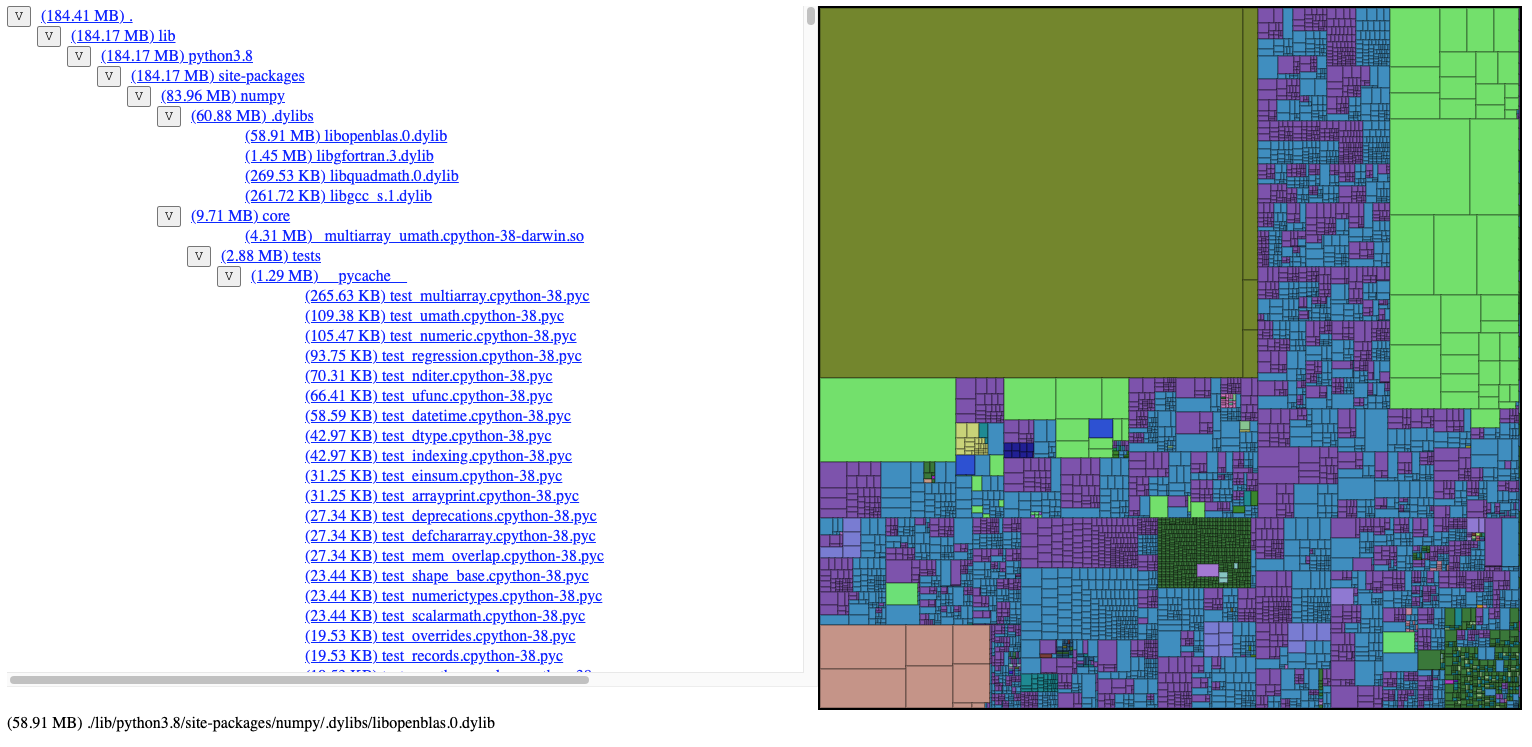
6- dry
Dry is your all-in-one terminal solution for managing Docker and Docker Swarm environments. This powerful tool displays comprehensive information about containers, images, networks, and Swarm clusters including nodes, services, and stacks.
What makes Dry special? It works with both local and remote Docker daemons, offers monitoring capabilities for container performance, and replicates most official Docker CLI commands with identical behavior.
7- Dockge
Dockge is a sleek, reactive self-hosted manager specifically designed for docker compose.yaml stacks. It offers full lifecycle management - create, edit, start, stop, restart, and delete your compose files with ease. Key features include an interactive compose editor, web-based terminal access, and the ability to convert docker run commands into proper compose files.
The latest version supports multiple agents, letting you manage stacks across different Docker hosts from one unified interface. Unlike other tools, Dockge maintains your files in their original location, ensuring compatibility with standard docker compose commands while providing a modern, user-friendly web interface.
8- Doku
Doku is your Docker disk detective - a free, lightweight web app that shows exactly what's consuming your storage. It helps you to monitor images, containers, volumes, and those sneaky cache files that silently eat your disk space. Clean interface, zero clutter, just the insights you need.
9- Docker Explorer
Docker Explorer gives security analysts superpowers by letting them explore compromised container filesystems offline, complete with all the layers and metadata.
It's like having a time machine for Docker forensics, except it's built by Google and completely free.
10- dive
dive is a free simple yet powerful tool for exploring a Docker image, layer contents, and discovering ways to shrink the size of your Docker/OCI image.
11- cAdvisor
cAdvisor is your go-to tool for understanding exactly how your containers are performing. This daemon continuously monitors and collects detailed resource usage data from running containers, including CPU, memory, network statistics, and historical usage patterns.
Built with native Docker support, cAdvisor works seamlessly with most container types and provides comprehensive performance insights through its hierarchical container model.
Whether you need to optimize resource allocation, troubleshoot performance issues, or monitor container health, cAdvisor delivers the detailed metrics you need.
12- Dozzle
Dozzle is a small lightweight application with a web based interface to monitor Docker logs. It doesn’t store any log files. It is for live monitoring of your container logs only.
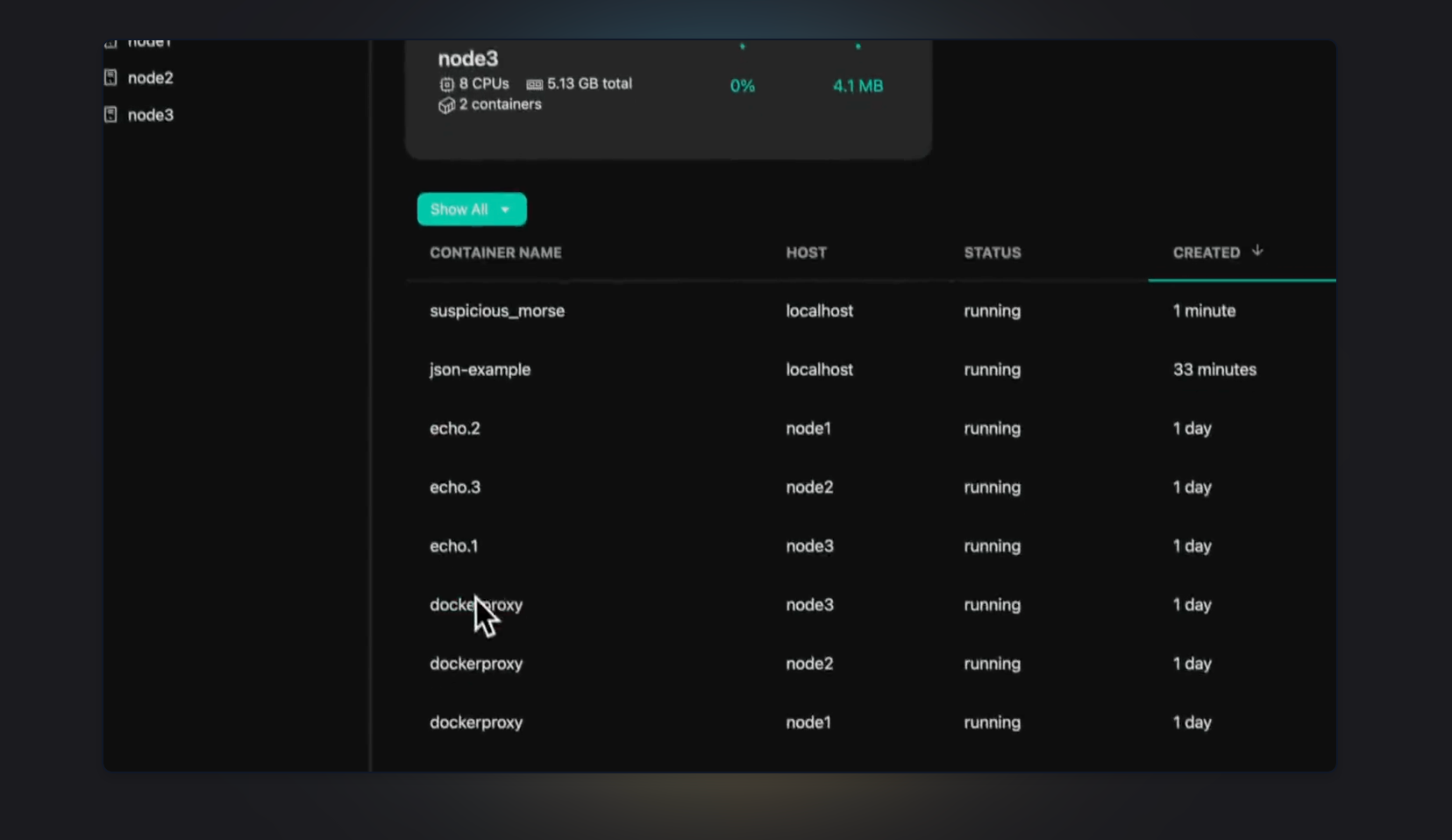
13- LoggiFly
LoggiFly is a Lightweight Tool that monitors Docker Container Logs for predefined keywords or regex patterns and sends Notifications.
Get instant alerts for security breaches, system errors, or custom patterns through your favorite notification channels.
LoggiFly Features
- Real-time Docker container log monitoring with plain text, regex, and multi-line pattern detection
- Instant alerts via Ntfy or Apprise to 100+ services (Slack, Discord, Telegram) or custom endpoints
- Automated container restart/stop triggers based on critical keywords or patterns
- Log file attachments for context-rich notifications
- Automatic config reload when configuration files change
- Configurable alert filtering and customizable message templates
- Multi-platform support for Docker, Docker Swarm, and Podman
- Remote host connectivity for centralized log monitoring
- Security breach detection and crash debugging with contextual log capture
- Flexible notification system preventing restart loops and integrating with existing infrastructure
14- docklogkeeper
This is a simple yet powerful web-based Docker log viewer. DockLogKeeper offers a streamlined approach to viewing Docker logs. It persistently stores logs in a local SQLite database, ensuring both real-time and historical logs are readily accessible.
When DockLogKeeper could be right choice for you?
- You manage multiple Docker containers on the same host.
- Your containers don't generate millions of logs each day.
- You want to set up log solution by one click and see logs instantly without any scripts/settings/running big enterprise log solution
Features
- Persistent storage of your Docker logs.
- Simple search in your logs' historical data.
- Access logs from any Docker container, regardless of its status (active or terminated).
- Simple cookie-based authorization.
- Log rotation: by default, older logs are pruned after a span of 1 week.
- Triggers - you can easily create simple triggers that will react on some word or regexp in your log and send Webhook to your services.
15- OnLogs - Lightweight docker logs web viewer
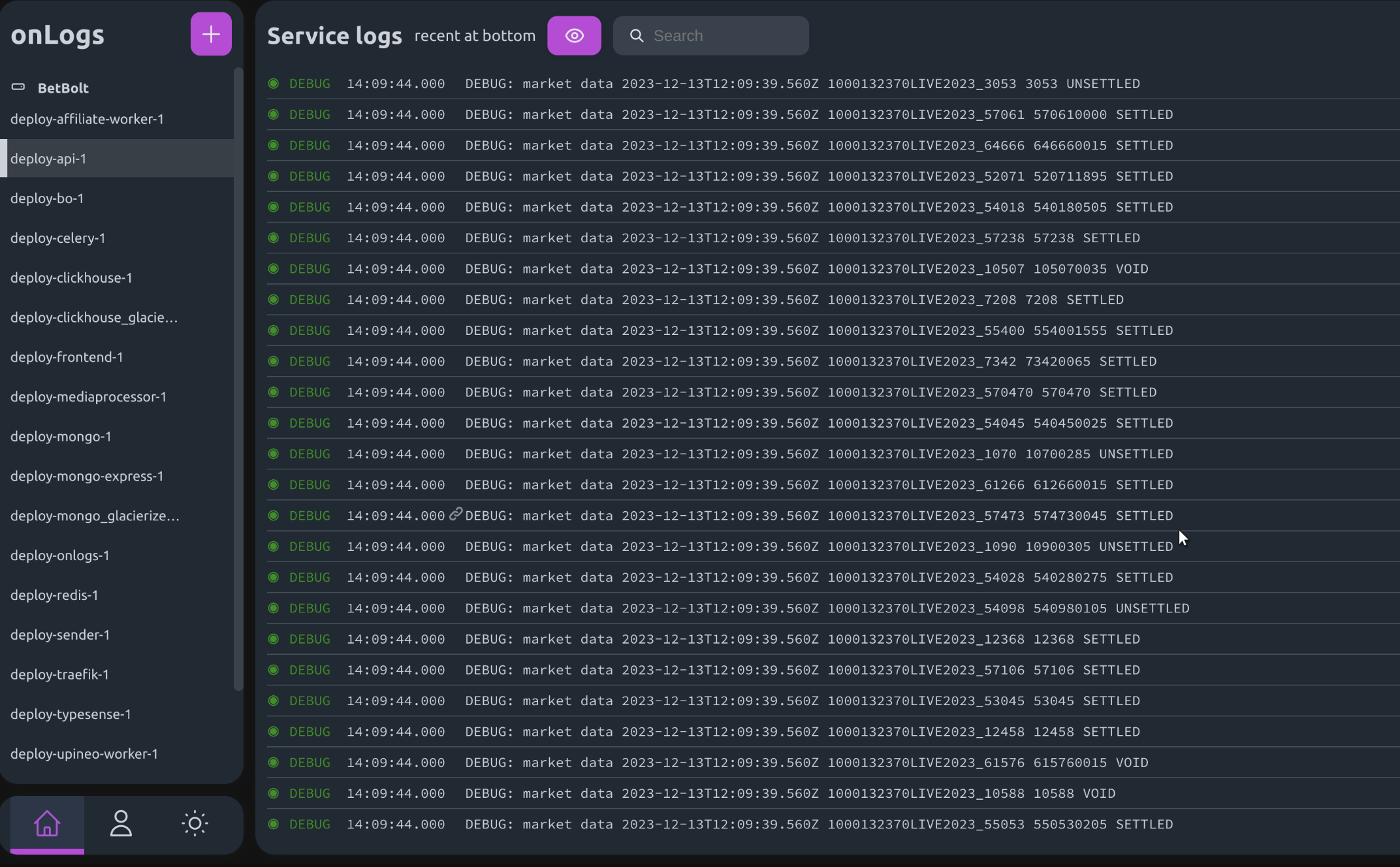
OnLogs is your ticket to stress-free container logging. This sleek web viewer lets you access Docker container logs instantly without messy SSH connections or server configurations. Built with Golang and Svelte.js for maximum performance, it's incredibly lightweight at just 13MB with minimal RAM usage.
OnLogs Features:
- Instant web-based Docker log access - no SSH or server setup needed
- Real-time log streaming with one-click monitoring
- Mobile-friendly interface for checking logs on smartphones
- Team collaboration with shareable log access and revocable permissions
- Lightweight design: only 13MB Docker image with minimal RAM usage
- Built with Golang and Svelte.js for maximum performance
- Open-source MIT license for personal and commercial use
- Simple installation via single Docker run command
- Built-in log storage using lightweight LevelDB database
16- Docker Autoheal
Docker Autoheal is like having a 24/7 nurse for your containers. It continuously monitors container health and automatically restarts any that become unhealthy - exactly what Docker's HEALTH CHECK feature needed but didn't include natively.
This lightweight container acts as a temporary solution until Docker adds built-in support for automatically exiting unhealthy containers. Simply put, it keeps your applications running smoothly by catching and fixing container problems before they become bigger issues.
17- Uptime Kuma
Uptime Kuma is a self-hosted monitoring solution with fancy design, that supports many protocols and services including monitoring docker containers.
You can easily get the install instructions and full source-code from GitHub.
18- ContainerWatch
ContainerWatch is the monitoring powerhouse that Docker Desktop deserved. This feature-rich extension transforms your container management experience by tracking resource usage, aggregating logs, and sending alerts when things go wrong.
With 15-day data retention and beautiful time-series graphs, you get complete visibility into your containerized applications. Say goodbye to terminal log diving - ContainerWatch gives you searchable, filterable logs and proactive alerts that keep your containers healthy and your applications running smoothly.
19- Cup: Docker Container Update
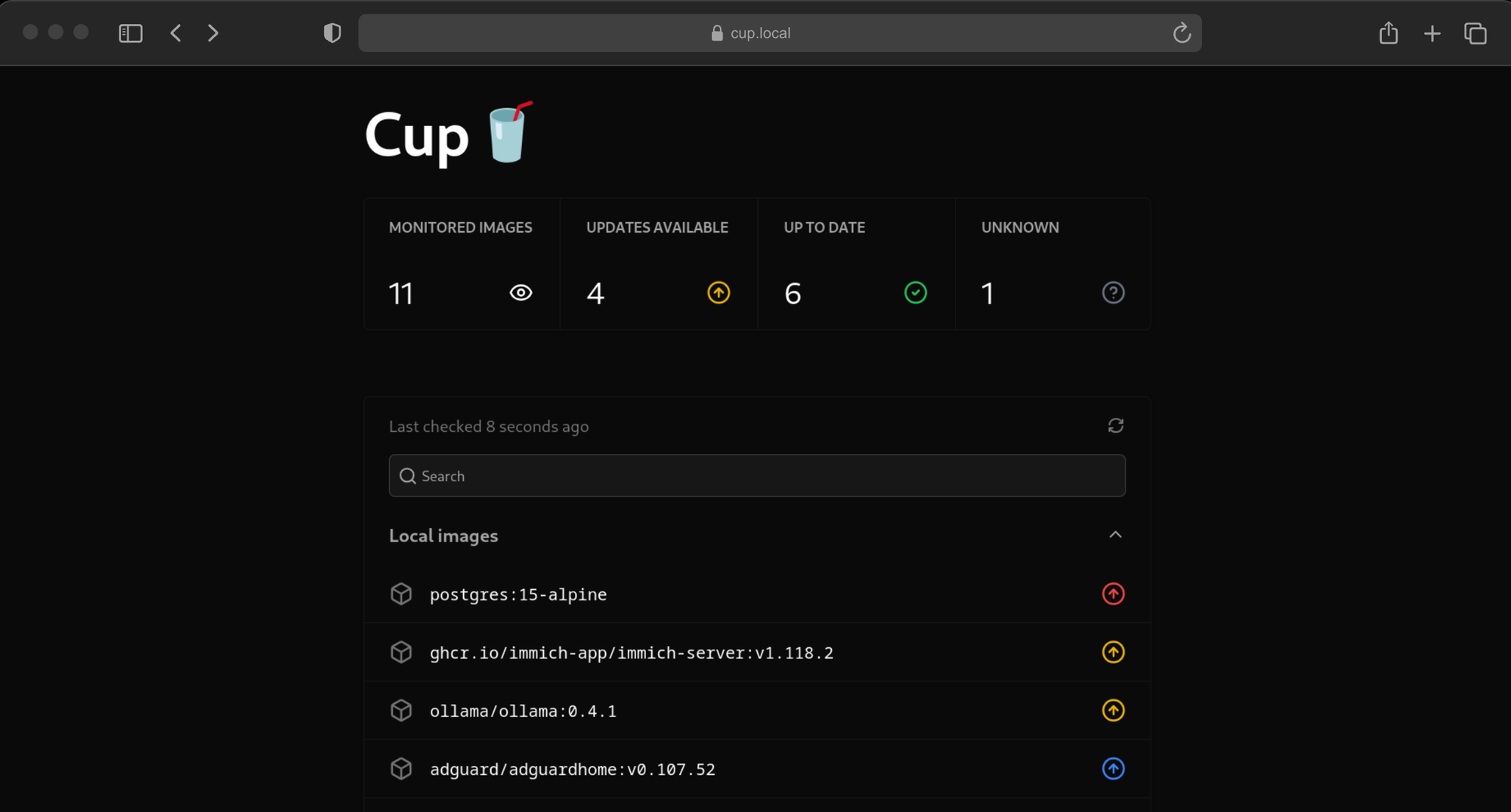
Wrapping Up!
The open-source community continues to deliver exceptional tools that make Docker more accessible, manageable, and powerful than ever before. From comprehensive management platforms like Portainer and Dockge to specialized utilities like Whaler for disk analysis and cAdvisor for performance monitoring, there's a perfect tool for every Docker workflow need.
Whether you prefer terminal-based interfaces like LazyDocker and dry, web-based dashboards like OnLogs and ContainerWatch, or forensic tools like Docker Explorer for security analysis, these 18 tools represent the best of what's available in the open-source ecosystem.
We encourage you to explore these options and find the tools that best fit your development style and project requirements. As always, the Docker landscape continues to evolve, and we'll keep bringing you the latest and greatest tools to enhance your container experience.
Other Docker Tools!
- 15 Free Docker-based CCTV and NVR Solutions - Get your Surveillance System Up in Mins
- Beyond Deployment: Docker as an Essential Tool for Setting Up Web Apps on Your Desktop
- Dauqu: Docker-based Deployment Panel for Full-Stack Web Applications
- 12 Cutting-Edge Docker-Based Vulnerability Scanners for Cybersecurity Professionals and Pentesters
